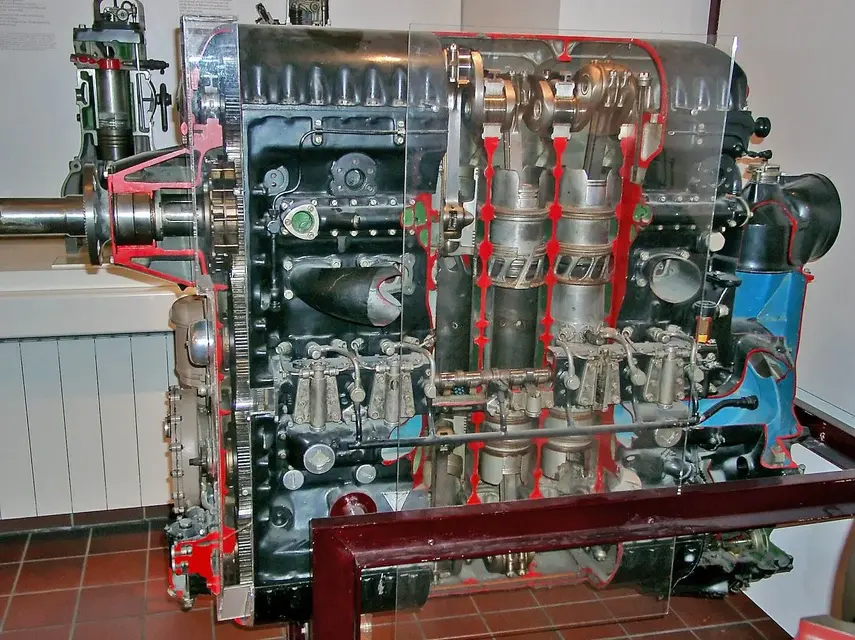Maybe I'm losing myself, but, the greater the number of cetanus, and the less the ability to self-combustion, right? so my sentence before should be correct.
So what?
by "viscosity" means normally that dynamic, or [l'inverso del] the ability of a fluid to flow. and this has nothing to do with density. the mercury is little viscous, the plastic is very viscous, the glass even more.
However, take water and mercury. have more or less the same viscosity (dynamic) in the sense that if you put them on a sloped plane they run at the same speed. It is true, but because the force to which they are subjected, that of gravity, is a volumetric force, so the denser fluid is "tired" downwards with a total greater "force".
If you put a teaspoon and try to turn, you will notice instead that the effort to mix the mercury is greater than that made for water. Why? because the two materials, while having the same viscosity, have density of verses. the mercury is more "heavy" and therefore the impression is almost as if it were more viscous.
you want to translate into formulas this "sensation", that is the fact that it is viscosity, and the density increase the effort on the teaspoon. then the cinematic viscosity has been invented, which increases both at the increase of dynamic viscosity, and at the decrease of density. You say it was supposed to be the opposite? Well, um, um... but I didn't do the formulas.
therefore at the same dynamic viscosity, water will have a greater cinematic viscosity.
That's all.

